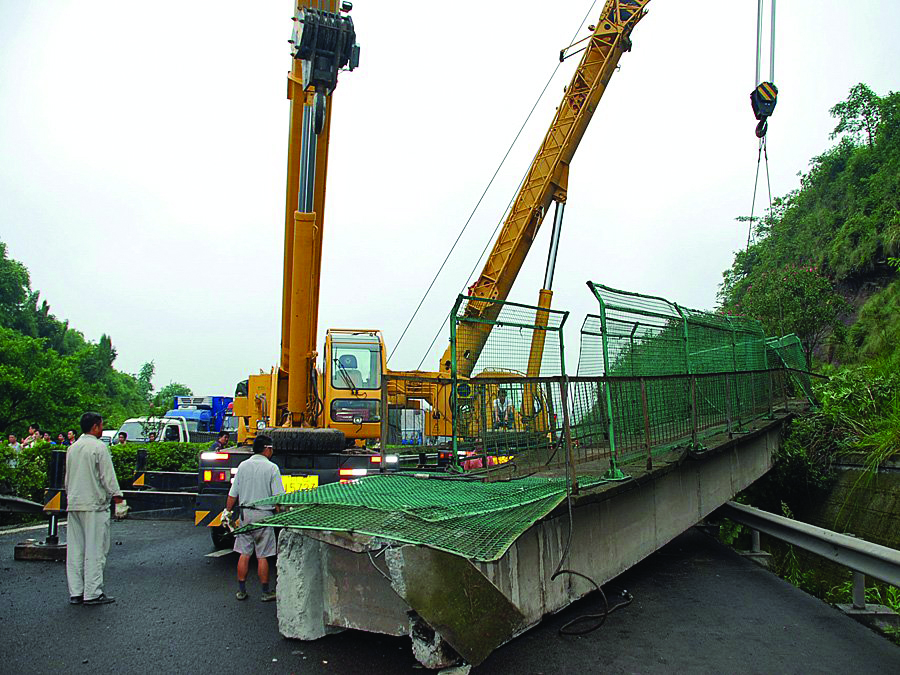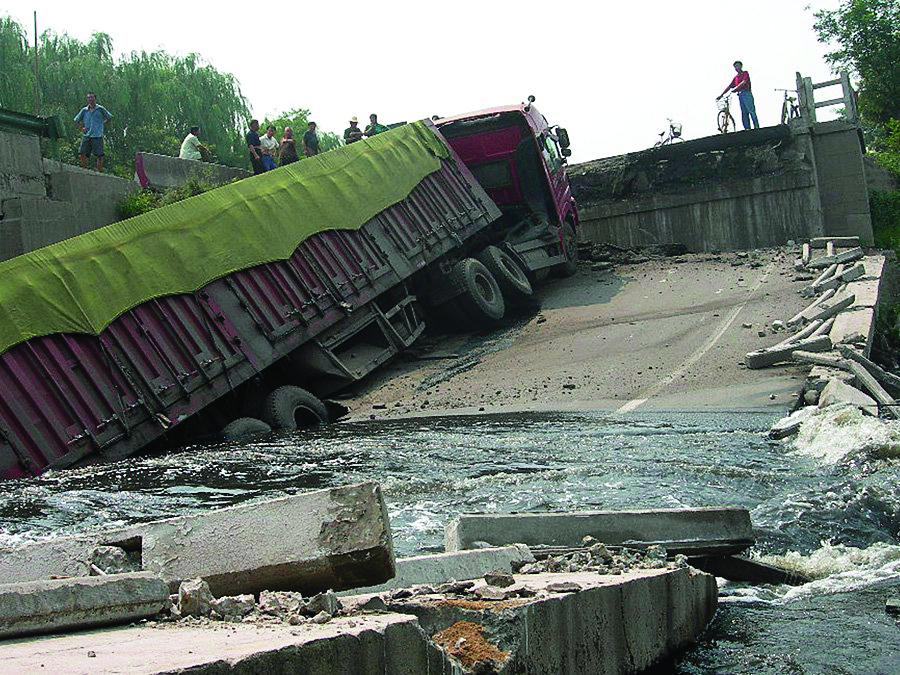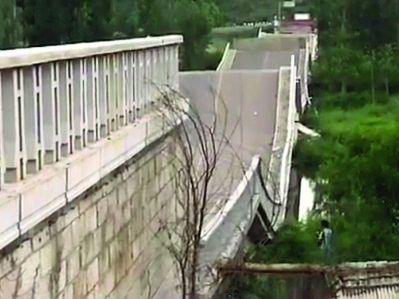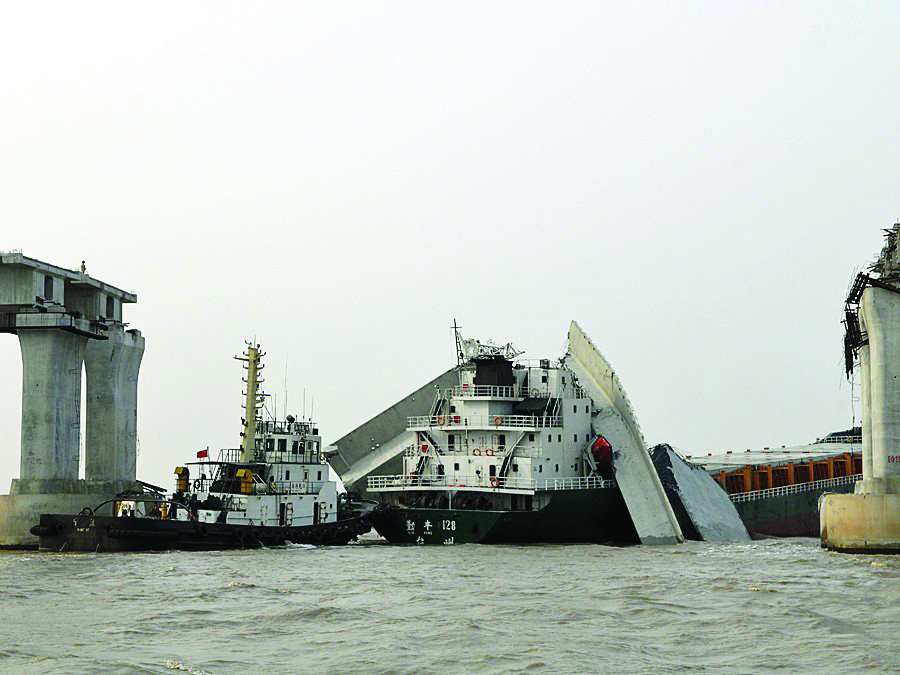The blacklisted state-owned China Communications Construction Company (CCCC) that gifted Malta a ‘free’ €4 million feasibility study on building a bridge between Malta and Gozo has a history of greasing the palms of officials in third world countries.
Government-to-government deals are not subject to EU rules on public procurement which means they escape scrutiny. CCCC has a habit of throwing in deal sweeteners, promising finance and then strong-arming governments to win more contracts.
Just last week, two Tanzanian officials were charged with fraudulently awarding a bloated contract worth more than $523 million to CCCC to expand the capital city Dar es Salaam’s main port. The project was abandoned when officials queried the inflated costs of the project, which were double those of similar projects.
Earlier this year, a Kenyan MP said “shadowy forces” were behind the awarding of a contract to CCCC for the building of a railroad. CCCC carried out a ‘free’ feasibility study on the project, whose cost have been steadily inflating.
Western companies often find it difficult to compete for contracts with their Chinese counterparts due to their penchant for bribing foreign officials.

During his recent visit to China, Prime Minister Joseph Muscat met the president of the blacklisted company in order to discuss progress on the bridge feasibility study. The project has been criticised all round for its environmental impact and the fact that the government is dealing with a blacklisted company.
Dr Muscat instructed the company to give more attention to the environmental impact of the project rather than merely assessing its technical feasibility. A subsidiary of the same company will likely also be responsible for the building of a breakwater between Valletta and Sliema.
Dr Muscat has said that CCCC will be involved in “other projects,” which could very well include dredging Marsaxlokk harbour and supplying an LNG tanker. Such projects are in CCCC’s line of business through its subsidiary, China Harbour Engineering. In 2010, the youngest son of a former Bangladesh prime minister was jailed for accepting bribes from the company for the Bangladesh Chittagong Port project.

Blacklisting
CCCC is blacklisted by the World Bank, the African Development Bank, the Asian Development Bank, the Inter-American Development Bank, the European Bank for Reconstruction and Development, and it's on at least two blacklists in the US because of its Iran-Armenia railway project. The company is set to remain on the World Bank’s blacklist until 12 January, 2017: in the meantime, it is ineligible to engage in any road or bridge projects financed by the World Bank Group
China’s humpty-dumpty bridges
In a five year period between 2007 and 2012, China experienced at least 18 bridge collapses resulting in 135 deaths according to the news agency Bloomberg. China has rapidly expanded its road and rail infrastructure to keep up with its booming economy, but critics say that safety has sometimes been overlooked in the rush to develop.

In 2012, one of the longest bridges in Northern China collapsed nine months after it was built. The New York Times reports that many in China have attributed the recent spate of bridge collapses to corruption, and online reaction to the latest collapse was scathing.
“Corrupt officials who do not die just continue to cause disaster after disaster,” said one post on Sina Weibo, a Chinese microblogging service similar to Twitter.

Another Internet user expressed hope “that the government will put heavy emphasis on this and investigate to find out the real truth, and give both the dead and the living some justice!” A third user was more laconic, remarking, “Tofu engineering work leads to a tofu bridge.”